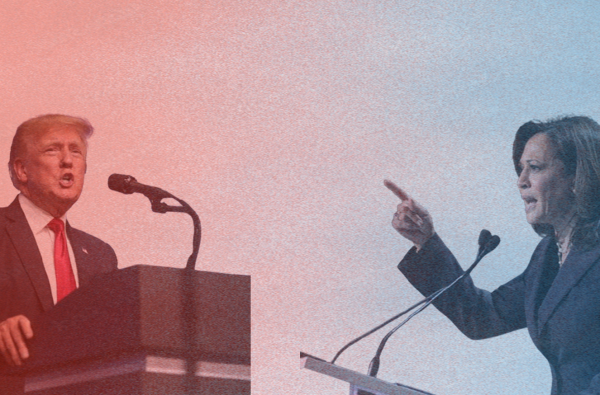USMCA
What is and how is it different from NAFTA.
USMCA, the new NAFTA (North American Free Trade Agreement), is the United States Mexico and Canada trade agreement. According to Trump, NAFTA was “the worst trade deal maybe ever signed anywhere” and turned it into “a wonderful new trade deal” and the “most important trade deal we’ve ever made, by far.” Though he has advertised it that way, the United States, Mexico, and Canada have made some significant changes, but by no means is this a “new trade deal”, it’s merely an updated version of NAFTA.
A good change about the new trade agreement is the segment on cars. The Mexicans and Canadians agreed to have 75% of parts for cars that they build to export within North America, will be made in North America in order to qualify for duty-free treatment, as opposed to the 62.5% in NAFTA. They also agreed to the U.S. demand of having 45% of North American cars be built by workers earning at least $16 per hour by 2023, posing a higher minimum wage. This was more aimed towards Mexico, as the U.S. and Canadian automakers already pay this fee and much more. The downside to this is that cars will probably be more expensive in the future.
Another thing that the U.S. has sort of succeeded in was the modest opening of Canada’s dairy market. In exchange for this, The Trump Administration dropped its insistence that one of three NAFTA dispute settlement chapters be deleted, but it prevailed in getting rid of another, having to do with disputes between businesses and governments. Canadian businesses can no longer challenge U.S. government policies and vice versa. That chapter survived with regard to disputes between Mexico and the United States but in a limited form.
American dairy farmers increased access to Canada will not offset the losses they are likely to suffer from Chinese and Mexican tariffs that were imposed in retaliation for Trump’s tariffs on aluminum and steel, according to a study performed in August for the U.S. Dairy Export Council. Those tariffs will remain in place for the time being.
While these may be short-term victories for America, it risks undermining long-term interests. Indeed, while the U.S. gained a few minor, discrete achievements in these talks, Trump’s approach in the renegotiations have likely undermined broader long-term American interests. As a global power, the U.S. has sought to exert influence by investing in “soft power,” the ability to convince other countries their own interests, in fact, align with those of the U.S. In seeking to squeeze a few more dimes out of Canada and Mexico, Trump is telling America’s allies that they should no longer be so inviting of American power. Since Trump’s election, a number of U.S. allies have already taken steps to balance against U.S. power and diversify their interests away from America. The U.S. approach to NAFTA renegotiation should only accelerate this trend.
Hey! My name is Sahithi Jammulamadaka and this is my fourth year on the Oakton Outlook staff and my second year as Editor-in-Chief! I am super involved...






